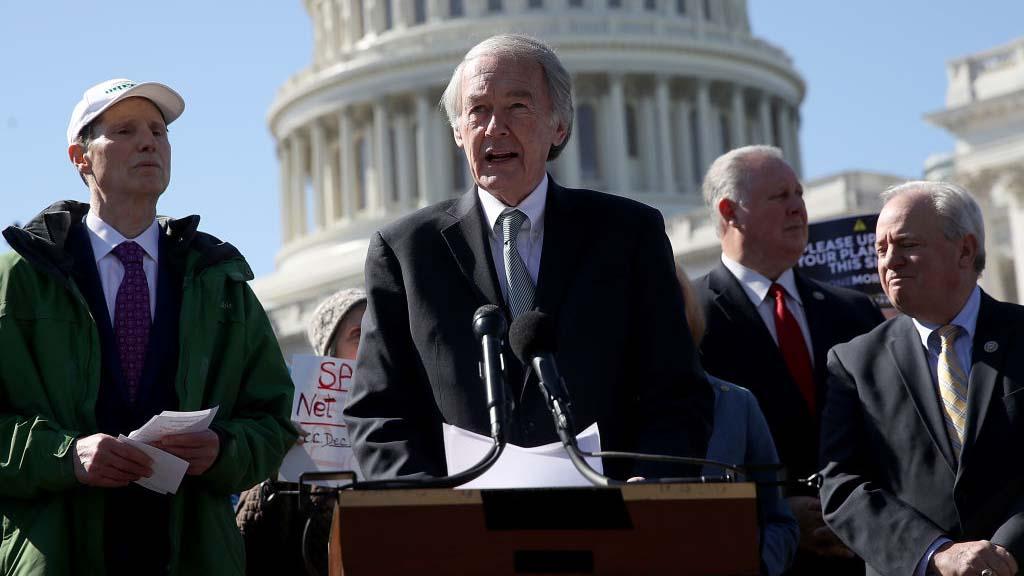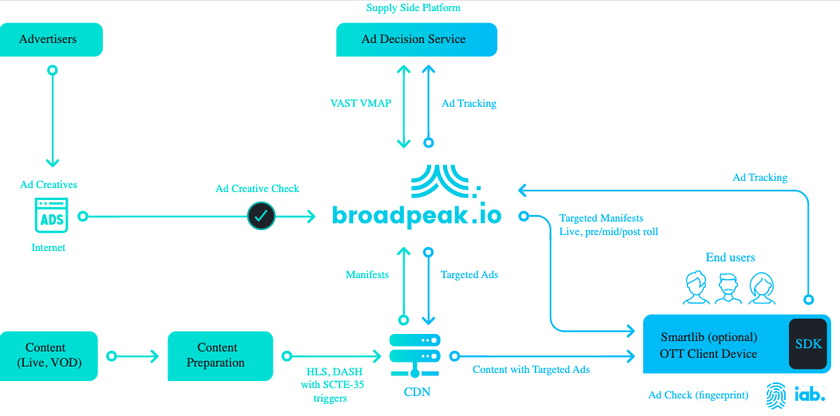Reactions to Net Neutrality Repeal Come Sharp and Swift
One Democratic senator described appeals court ruling as a ‘lose-lose-lose’ for consumers

Proponents of net neutrality criticized a federal appeals court ruling handed down yesterday that held the Federal Communications Commission does not have the authority to impose rules requiring broadband operators to treat all internet traffic equally and banning them from giving preferential treatment to some sites by speeding up or slowing down consumer access.
The ruling by the 6th U.S. Circuit Court of Appeals hands the incoming Trump administration an early win, as FCC commissioner Brendan Carr—Trump’s nominee for chair—has made it clear he opposes net neutrality.
In its decision, the court cited the Supreme Court’s 2024 decision to strike down the 1984 Chevron U.S.A. Inc. v. Nat. Res. Def. Council ruling, putting additional restrictions on the ability of federal agencies to develop policies and enforce rules. The longstanding Chevron ruling had established the legal test for when courts should defer to a regulatory agency’s expertise.
“Using ‘the traditional tools of statutory construction,’ id., we hold that Broadband Internet Service Providers offer only an ‘information service’ under 47 U.S.C. § 153(24), and therefore, the FCC lacks the statutory authority to impose its desired net-neutrality policies through the ‘telecommunications service'’ provision of the Communications Act, id. § 153(51),” the court ruled.
Net neutrality has endured a ping-pong existence since it was first proposed in the 1990s. Over several decades, it has been approved several times by the FCC and then struck down by courts. Many of those decisions have fallen along party lines, with Democrats supporting net neutrality and Republicans opposing it.
Net neutrality was first implemented during the Obama administration, under the chairmanship of Tom Wheeler in 2015. The FCC then repealed the rules under Donald Trump-appointed chair Ajit Pai in 2017. They were reinstated last April by the Biden administration-led FCC, headed by chair Jessica Rosenworcel.
Following the ruling, Rosenworcel said: “Consumers across the country have told us again and again that they want an internet that is fast, open and fair. With this decision it is clear that Congress now needs to heed their call, take up the charge for net neutrality and put open internet principles in federal law.”
Get the TV Tech Newsletter
The professional video industry's #1 source for news, trends and product and tech information. Sign up below.
Fellow Democratic FCC commissioner Anna M. Gomez agreed.
“As I have consistently said, there is a principle at the heart of the Open Internet debate on which we all agree: Broadband access to the Internet is essential for modern life,” she said. “I remain convinced that appropriate guardrails are necessary to ensure that this critical service remains accessible and secure for all. In the wake of the Sixth Circuit’s decision, Congress should act to end this debate and to protect consumers, promote competition and economic leadership, and secure the integrity of our networks.”
Net neutrality advocates in Congress also condemned the ruling, with Sens. Edward J. Markey (D-Mass.), a member of the Senate Commerce, Science, and Transportation Committee, and Ron Wyden (D-Ore.) issuing the following statement:
“Without net neutrality, consumers, small businesses, and innovators alike will face increased costs, reduced choice, and less competition. It is a lose-lose-lose,” said the Senators. “The Sixth Circuit's decision to overturn the FCC's net neutrality rules is deeply disappointing and undermines the free and open internet. This ruling upends the fundamental principle that internet service providers should not act as gatekeepers, favoring certain users, content, or services over others.
“Today’s opinion also underscores the serious flaws with the Supreme Court's decision to overturn its longstanding precedent established in Chevron v. NRDC granting deference to agencies’ interpretations of their ambiguous statutes. The 6th Circuit opinion makes basic errors about communications technologies, neatly illustrating why expert regulators, not judges, are best positioned to make complex public policy decisions.
“With the incoming Trump administration hostile to broadband regulations and intent on using communications law to target its political opponents, we are clear-eyed about the immediate future for net neutrality protections. But the fight for a free and open internet is not over. We will continue to fight to restore these essential rules and ensure that consumers and entrepreneurs don’t have to kiss lower prices, competition, and choice goodbye because of Donald Trump’s devotion to corporate interests.”
Tom has covered the broadcast technology market for the past 25 years, including three years handling member communications for the National Association of Broadcasters followed by a year as editor of Video Technology News and DTV Business executive newsletters for Phillips Publishing. In 1999 he launched digitalbroadcasting.com for internet B2B portal Verticalnet. He is also a charter member of the CTA's Academy of Digital TV Pioneers. Since 2001, he has been editor-in-chief of TV Tech (www.tvtech.com), the leading source of news and information on broadcast and related media technology and is a frequent contributor and moderator to the brand’s Tech Leadership events.

FCC’s Carr Warns YouTube TV About “Bias” Against Religious Networks

NDI Releases New Metadata Standards








